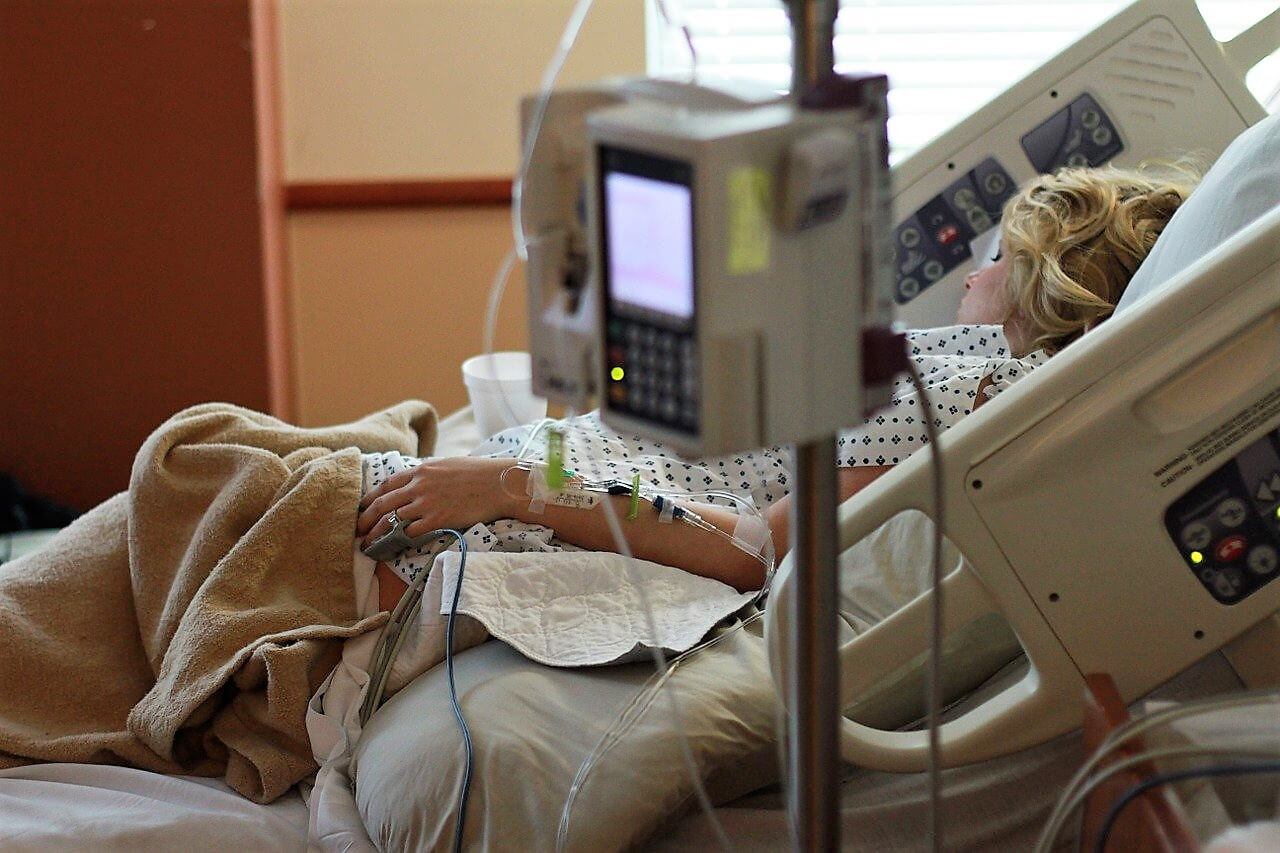The ANSM is alerting healthcare professionals to the “supply tensions” of the two thrombolytics most commonly used in hospitals, Actilyse (alteplase) and Therasolv (urokinase). A link with Covid-19 ?
The French National Agency for the Safety of Medicines and Health Products (ANSM) sent an email to healthcare professionals in mid-August 2022 warning them of shortages of certain drugs.
“Currently, the two most commonly used thrombolytics in hospitals, Actilyse (alteplase) and Therasolv (urokinase), are in supply tension worldwide,” the Agency writes. In addition, the alternatives Actosolv (urokinase) and Metalyse (tenecteplase) are not available. A date for a return to normal supplies cannot yet be estimated, although supplies are regularly made.”
The “course of action”.
In the meantime, and in order to ensure patient care, the ANSM has developed a “course of action” with a prioritization of the use of these specialties.
- Regarding Actilyse (alteplase) ” We ask you to reserve the use of alteplase in priority for the following indications:
-Ischemic stroke,
-Pulmonary embolism,
-Acute myocardial infarction.
For all other indications, requests should be analyzed according to the patient, the severity of the situation and the location of the thrombus.
- Regarding Herasolv (Urokinase) We ask you to reserve the use of urokinase for the following indications
-Acute catheter occlusion,
-Acute obliterative peripheral arterial disease with threatened limb ischemia,
-External ventricular shunt thrombosis,
-Intrapleural fibrinolysis.
Medication errors related to noncompliance with the dosage and administration of Thérasolv have been reported to us.”
Sharp increase in heart attacks
Why this shortage of thrombolytic drugs? The ANSM states, “Manufacturers explain these tensions by a constant increase in the number of patients eligible for thrombolytics and a production capacity limited by the complexity of the manufacturing process of these biological drugs.”
In other words, the shortage is explained, according to the manufacturers, by a combination of several factors: “a constant increase in the number of patients eligible for thrombolytic treatment” on the one hand and, on the other hand, “the still limited production capacity” of these drugs.
Translation: there is a strong worldwide increase in the number of myocardial infarctions, thrombotic strokes, pulmonary embolisms and other catheter thromboses…
You would have to be a very bad person to see a link with the effects of the anti-Covid vaccination!

